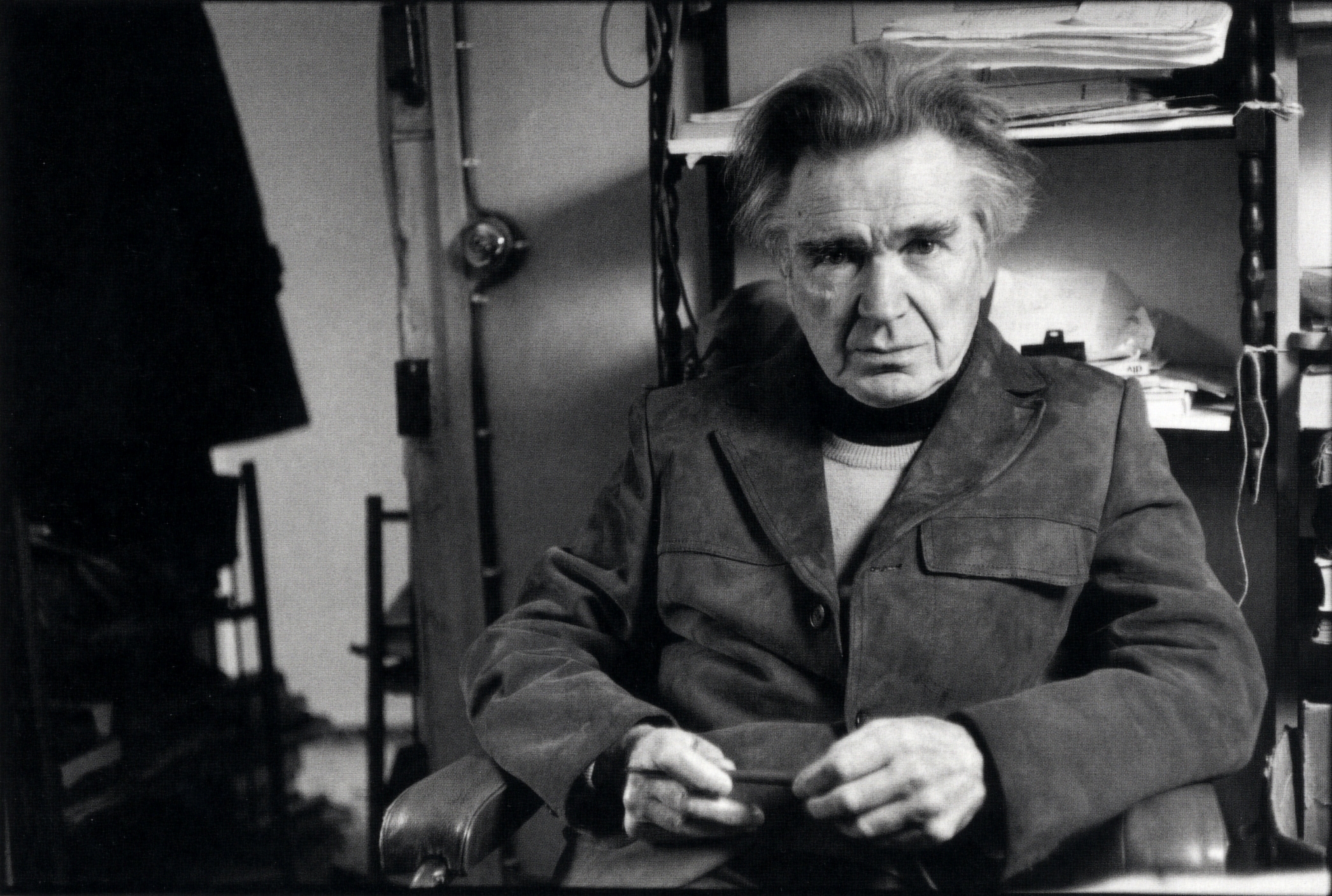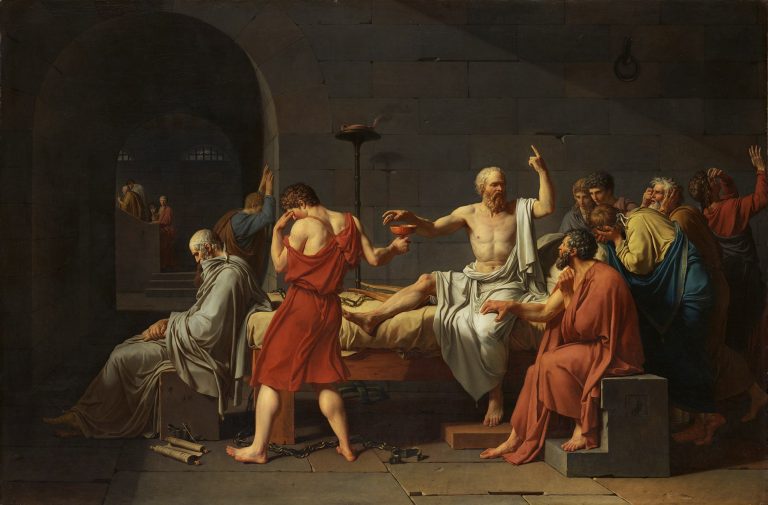
Emil Cioran was a Romanian-French philosopher, essayist, and aphorist who has written many books on a variety of topics including philosophy, history, and literature. Despite the brevity of his essays, the depth of his thought and the breadth of his ideas make him a significant and provocative contributor to Western philosophy. One of the key themes in Cioran’s work is the idea of the human condition. Cioran believed that the human condition is characterized by a sense of anxiety, restlessness, and despair. He saw human beings as being trapped in a state of constant longing and dissatisfaction. Another important aspect of Cioran’s philosophy is his emphasis on the absurdity of existence. Cioran believed that the universe is fundamentally meaningless and that human existence is ultimately futile. He saw life as a constant struggle against the emptiness of existence and the inevitability of death.
Cioran also had a deep interest in history, and his work often reflects this interest. He believed that history is a cycle of repetition, in which the same mistakes are made over and over again. Cioran saw history as a kind of nightmare from which we cannot awaken, and he believed that the only way to escape this cycle is to reject history altogether. Additionally, Cioran also had a strong interest in literature, and his work often reflects this interest. He was a master of the aphorism, which is a form of writing that is characterized by its brevity, wit, and irony. Cioran’s aphorisms are often profound and thought-provoking, and they reveal much about his philosophy and worldview.
It’s worth mentioning that Cioran was heavily influenced by the writing style and philosophy of Friedrich Nietzsche. In particular, Nietzsche’s emphasis on the individual and his rejection of traditional morality and religion had a strong impact on Cioran’s own philosophy. Cioran shared with Nietzsche the idea of eternal recurrence, the idea that all events in the world happen over and over again, and that every moment will be repeated an infinite number of times. This idea is related to the rejection of the notion of progress, both saw history as a cycle of repetition, where humanity was doomed to repeat the same mistakes over and over again.
Additionally, Cioran’s rejection of traditional morality and religion is similar to Nietzsche’s rejection of traditional morality and religion. Cioran saw traditional morality and religion as a form of oppression and a way to impose conformity on individuals. He believed that individuals must reject traditional morality and religion in order to live authentically and true to themselves. Cioran also admired Nietzsche’s style, Cioran himself was a master of aphorisms, similarly to Nietzsche, and his writing is characterized by its brevity, wit, and irony.
In summary, Emil Cioran is an important figure in the Western philosophy, His ideas on the human condition, history, and literature are particularly significant, and his writing is both thought-provoking and deeply insightful. He was heavily influenced by the writing style and philosophy of Nietzsche, particularly his emphasis on the individual, rejection of traditional morality and religion, and his emphasis on the cycle of history and the idea of eternal recurrence. Additionally, Cioran’s writing style is also heavily influenced by Nietzsche, who was also a master of the aphorism.

